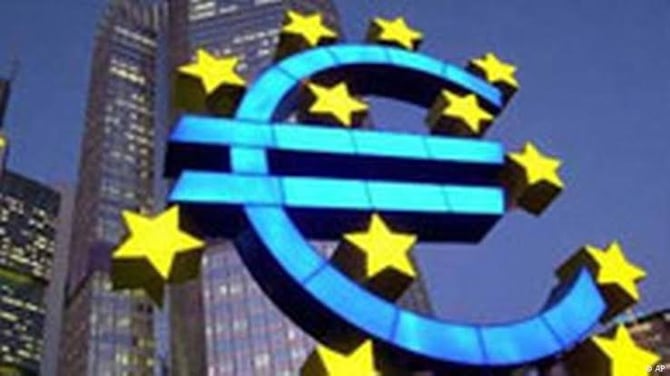Euro Declines Amid Political Shifts in Europe

The euro has experienced a significant drop, hitting new lows against major currencies. The plunge follows French President Emmanuel Macron's call for a snap election in response to a surge in support for the far-right National Rally party. Across Europe, similar gains by far-right parties are raising concerns about political stability and economic policy direction.
The euro fell 1% against the US dollar since markets opened on Friday, reaching a low of 1.0774, the lowest point in nearly a month. The currency has also weakened against the British pound, trading at 0.8469, the lowest since August 2022. Against the Swiss franc, the euro dropped to 0.9660, marking a low not seen in over two months.
The gains of far right parties could impact key EU policies, including those related to climate change, EU integration, immigration, and support for Ukraine.
The rise of far-right, populist parties, often critical of the EU, creates uncertainties that are reflected in the euro's decline. Political instability can disrupt economic activities and weaken growth prospects, adding pressure to the currency.
What Does This Mean for Me?
Investors are now closely monitoring Eurozone government bond yields, particularly in France and Germany. A weakened euro may lead to lower yields on these bonds, as investors seek safer assets. The European Central Bank's recent rate cut, the first since 2019, highlights the region's economic challenges.
The ECB may face pressure to adopt a more accommodative stance amid rising political uncertainties. This means that as political tensions rise, the euro's outlook remains uncertain.
More News
.webp)
US Dollar Faces Biggest 6-Month Drop in Half a Century
5 months ago
.webp)
Dollar Slips to Three-Year Low as Trump Eyes Early Fed Appointment
5 months ago
.webp)
AI-Powered Trading Bots Bring a New Kind of Threat
7 months ago
.WEBP)
Euro Value Surges as Markets React to Tariff Shock
8 months ago

Euro’s Slide: What’s Behind the Drop and What’s Next?
11 months ago

Sterling Gains Against Euro as Central Banks Move Apart
1 year ago

Euro Remains Steady Amid Tariff Threats
1 year ago

Euro Stays Under Pressure Amid Economic and Political Shifts
1 year ago